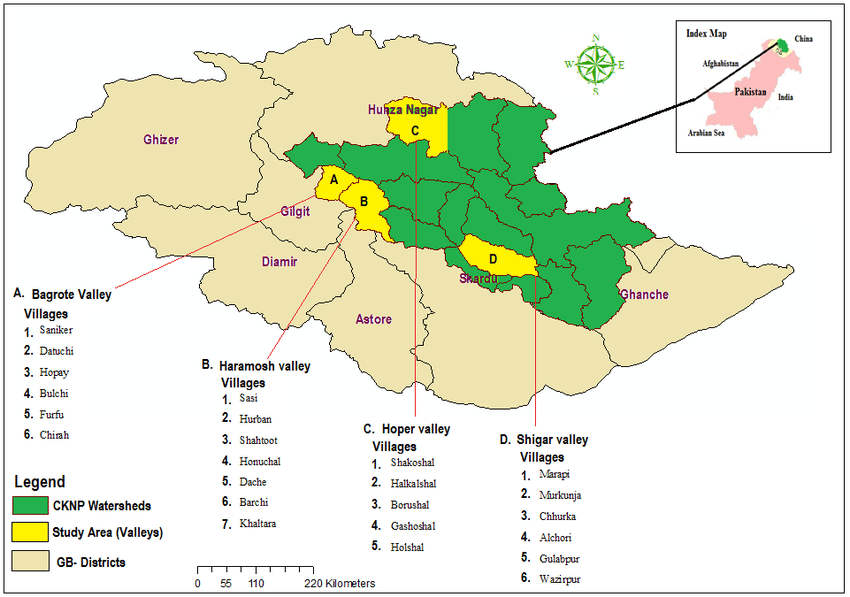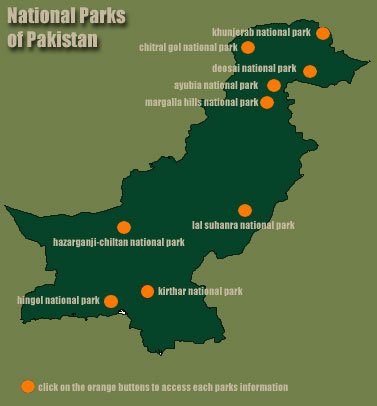The top-down conservation policies are meant to dispossess people of their land, livelihood and resources
By Ali Rehmat
The conservation, environment and development policies and strategies in Pakistan have remained problematic both for the government and the communities living in the protected areas. At times the implementation of the government’s top-down exclusionary policies have met resistance from communities.

In the process of policymaking and decision-making, consent of the local communities, objective conditions, their cultural, economic and social realities and customary laws are not taken into account which creates conflicts.
The same tested top-down policy is being adopted in the setting up of two more national parks. The government authorities instead of acknowledging the historical relationship of the indigenous communities with nature, perceive the latter a threat to nature.
Prime Minister Imran Khan during his recent visit to Gilgit-Baltistan announced the setting up of two more high-altitude national parks in the jurisdiction of Gilgit-Baltistan – the Himalaya National Park and Nanga Parbat National Park – covering a vast swath of 3,600 square kilometres (5%) ostensibly for the conservation of biodiversity and protection of Himalayan Ibex.
With the addition of this to the already converted protected areas which were used to be managed by the local people through customary laws and practices creating a natural balance between man and nature.
It is a matter of concern that more than half — 37,599km² (52%) — of the total land of GB (72,971km²) has been converted into national parks as opposed to the international standard of 3% landmass of any country that should be reserved for national parks. The protected areas are: Astore Wildlife Sanctuary, Baltistan Wildlife Sanctuary, Central Karakoram National Park, Deosai National Park, Fairy Meadows National Park, Khunjerab National Park, Naltar Wildlife Sanctuary, These protected areas have neither achieved the stated goals of protecting endangered species nor had any tangible positive impact on the lives of the people.
I am curious why the PTI government is repeating the same flawed approach by announcing the formation of the national parks in Gilgit-Baltistan?
During the early 1990s, the WWF planned to extend the boundaries of Khunjerab National Park (KNP) bringing the whole Shimshal valley and its pastures into its fold to impose their lopsided management plan on the people in utter disregard of the local wisdom, social and cultural norms and to dispossess them from their land, resources and livelihood.
The KNP included almost 90 per cent of the land of Shimshal valley in the protected area without consulting the community. This decision created a conflict between the authorities and the local community.
The people of Shimshal opposed the KNP plan and came up with their own alternative management plan based on the centuries-old concept of conservation using indigenous practices that was appreciated by national and international environmental and conservation experts and organisations and replicated in many other parts of the world.
Mountainous communities are the most vulnerable to climate change in the world. It is the responsibility of the government to recognise the right of the indigenous people over their land and natural resources and support them to build resilience against climate change and other environmental hazards.
The Office of the United Nations High Commissioner for Human Rights on 8 July 2019 also urged the Pakistan government to ensure that the local communities of Gilgit-Baltistan are consulted and taken their prior informed consent to use their land or natural resources for any kind of development and commercial activities.
Pakistan was the first country to adopt SDGs 2030 agenda but it would not be possible for the government to achieve these goals until they frame a comprehensive, public-friendly long-term strategy for achieving inclusive growth and sustainable development.
If these policies remained the same, it will deprive communities of their livelihood and create social and political disharmony and conflict.
Therefore the government must revise the conservation and management plan for protected areas to safeguard the interests and sources of livelihood of indigenous communities.

Ali Rehmat has done a master’s in environmental sciences and working at SDPI, Islamabad, as a project assistant for Resilient Development Programme.

The High Asia Herald is a member of High Asia Media Group — a window to High Asia and Central Asia

